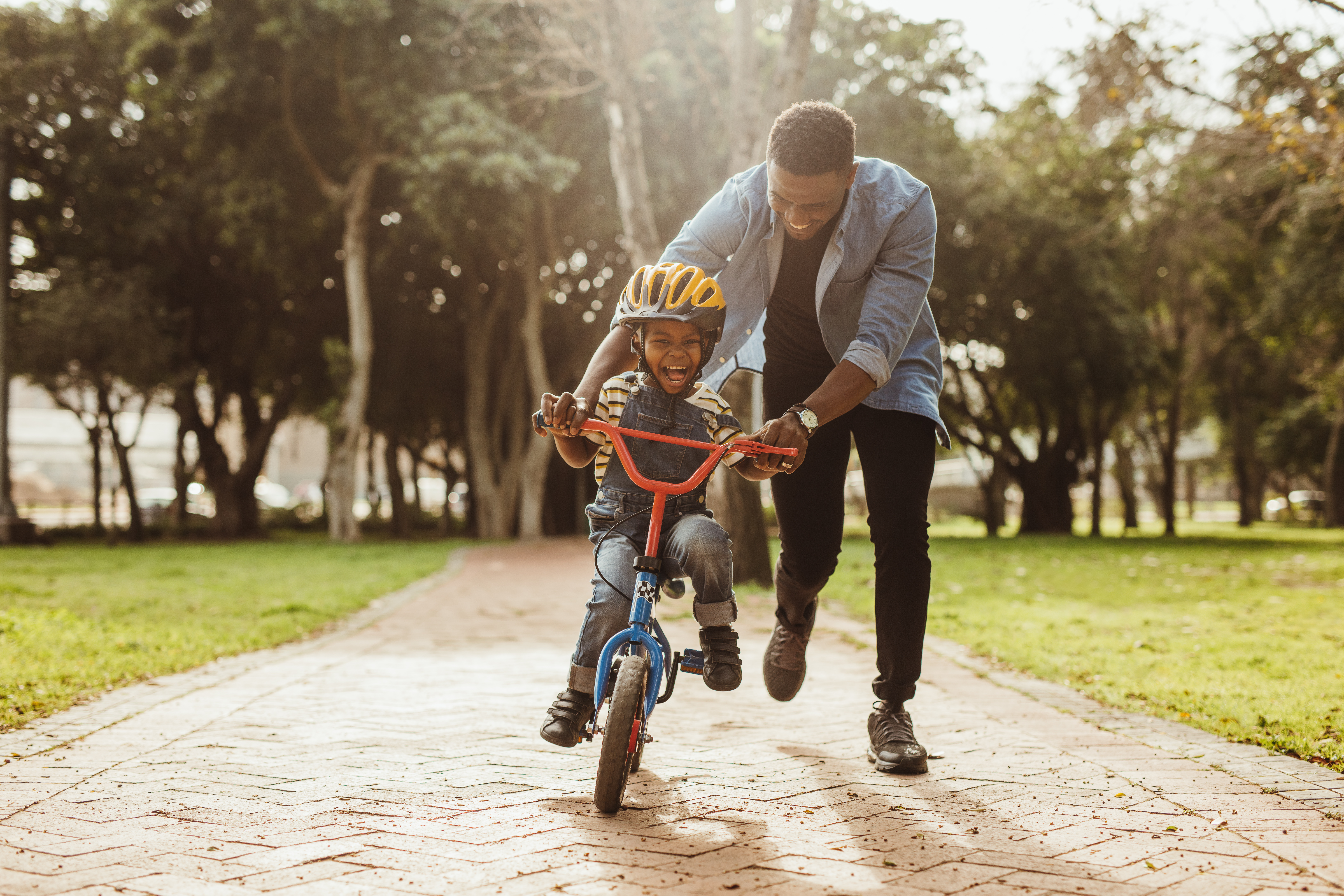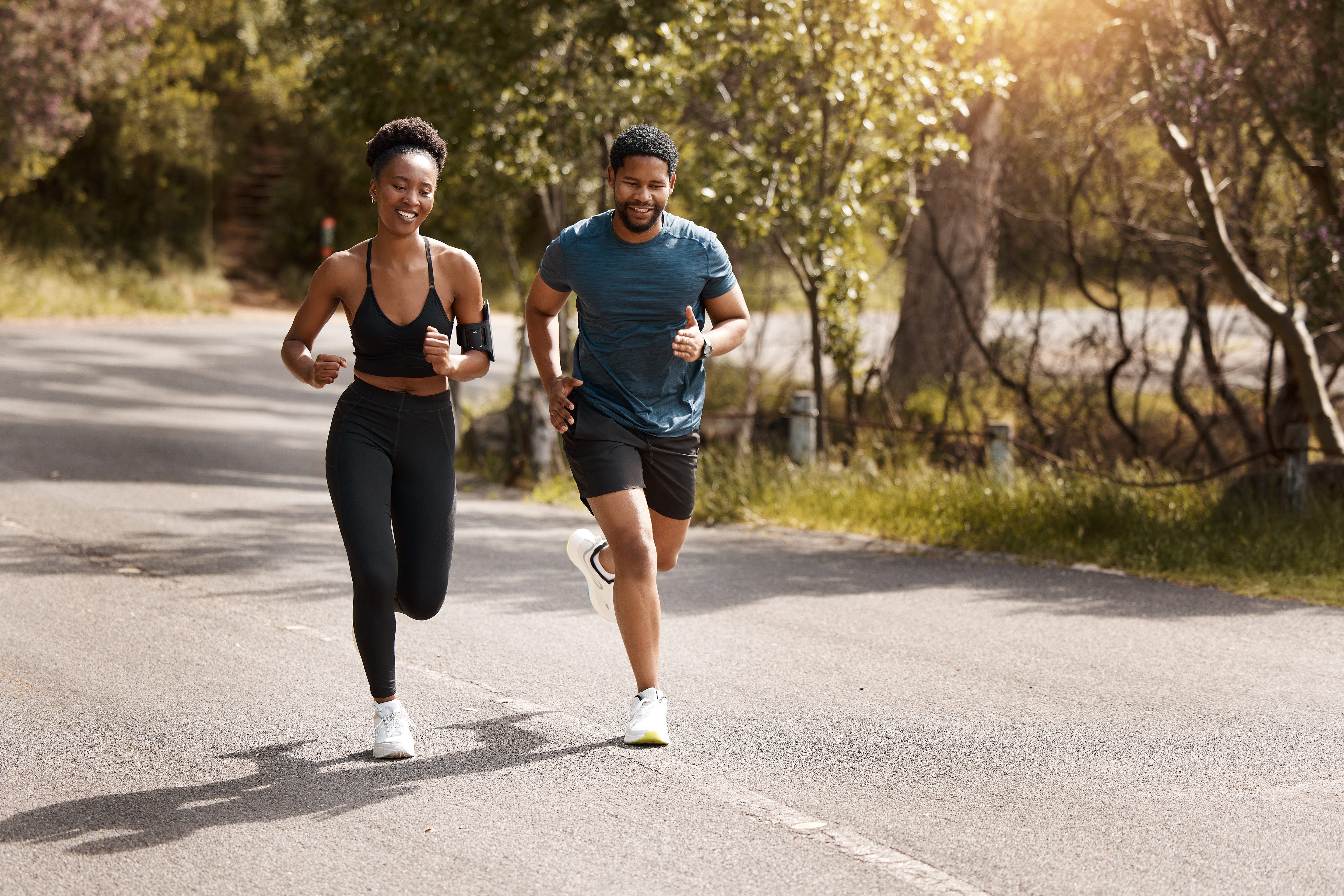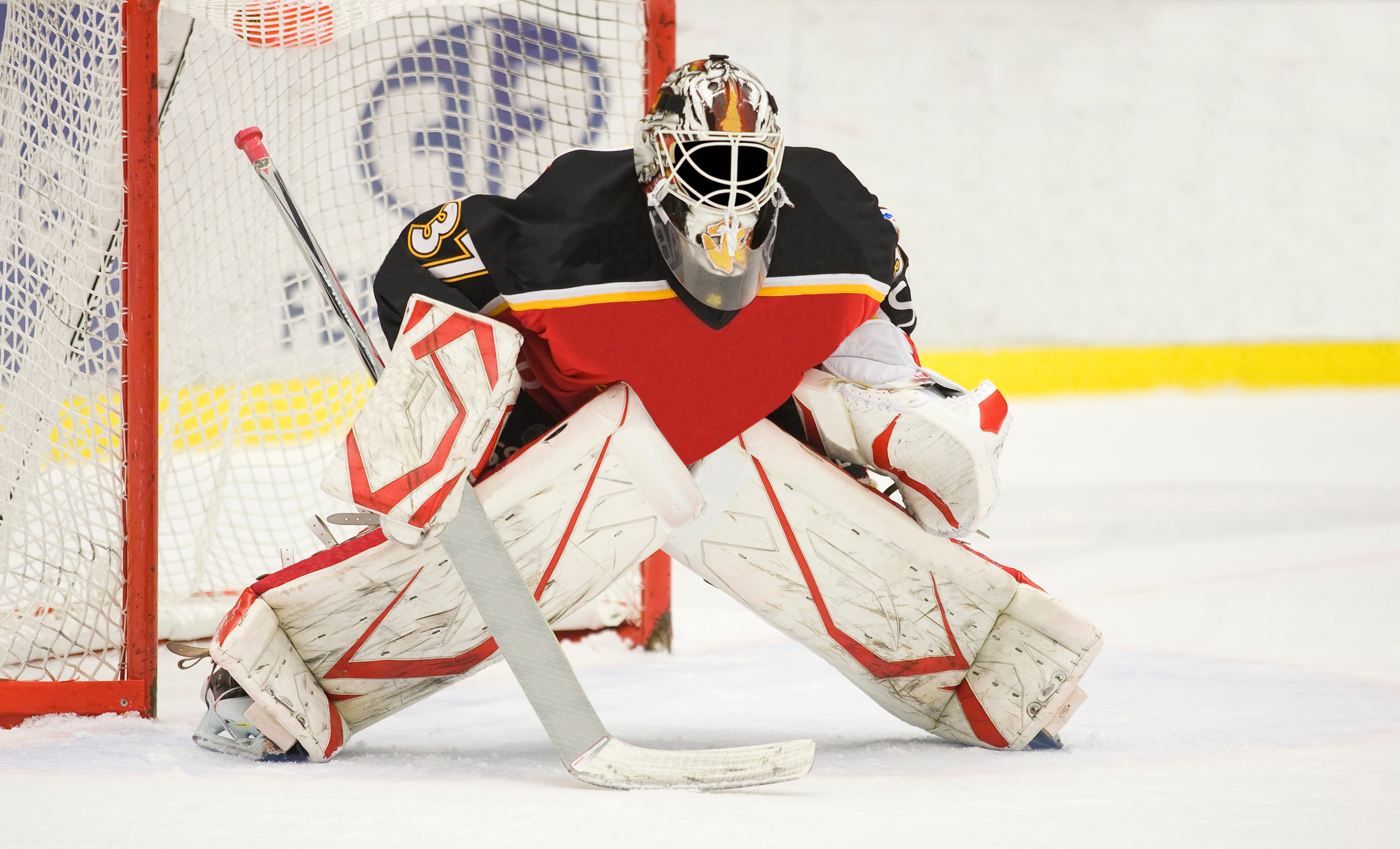Disability sport post COVID-19
COVID-19, a major epidemic, has profoundly affected people’s lives globally. A recent study explores its impact on disability sport, highlighting 4 key discussions: media coverage during lockdown, promotion of sporting opportunities, thriving inclusion efforts, and the future of community disability sport post-lockdown.
ParkSeek: Linking young Canadians to parks and recreational resources using geo-targeted messaging in a smartphone application

Introduction and Context The ParkSeek study aimed to identify barriers to youth (aged 13-25) engagement with parks and recreational resources via a novel geographic ecological momentary assessment (GEMA). However, due to the COVID-19 pandemic situation, substantial challenges were encountered in the recruitment of youth to participate in the originally designed study. Therefore, a broader approach…
Athlete mental health is a top priority
After returning to sport post-COVID lockdowns, adolescent athletes have shown improvement in mental health. However, despite a return to pre-pandemic activity levels, mental health in adolescents remains at lower levels than pre-pandemic. This suggests that supporting athletes’ mental wellness needs to be a top priority.
Physical literacy for engaging youth post-pandemic
Providing evidence-based sport and physical activity opportunities that intentionally support the development of physical literacy can help youth rebound from the negative impacts of the COVID-19 pandemic. Activities that are fun, challenging yet accomplishable, and that spark creativity in movement welcome youth back to the playing field and hold promise for keeping them engaged in…
The Socializing Together while Running InDEpendently (STRIDE) pilot randomized controlled trial: Feasibility and acceptability of an online-delivered running and walking group program to support low active university students’ well-being and exercise behaviour during the COVID-19 pandemic

Project summary Group-based sport and exercise programs, guided by the social identity approach1, represent a viable strategy to promote physical activity and well-being among university students, particularly during the COVID-19 context. Social identity informed interventions aim to cultivate a sense of ‘togetherness’ and distinctiveness by grouping individuals based on salient characteristics (e.g., age, similar lived…
The impact of COVID-19 on the everyday lives and wellbeing of Atlantic University Sport hockey players

Project summary This exploratory study examined the impacts of the COVID-19 pandemic on the daily lives and wellbeing of Atlantic University Sport (AUS) ice hockey players around the cancellation of competition in the Fall of 2020 and beyond. It was primarily concerned with disruptions and modifications to sport participation, academic achievement, and personal experiences. It…
Returning to sport with long COVID
Researchers’ understanding of overtraining syndrome (OTS) is guiding their advice for athlete return to sport in the case of post COVID-19 condition, also known as long-COVID. Those experiencing long-COVID should moderate their activity in the same way as overtrained athletes, with “symptom-titrated physical activity,” the gradual reintroduction of intensity based on close monitoring of an…
Pandemic impact on girls in sport
The COVID-19 pandemic has negatively impacted girls’ participation in sport and physical activity. Findings from Canadian Women & Sport suggest that 1 in 4 girls are not committed to returning to sport. Involving girls in planning their return to play can be one way to encourage girls’ participation.
Strategic planning tips
Strategic planning can be a helpful tool in navigating changing and dynamic environments, particularly as community sport organizations begin the process of COVID-19 recovery. Talking to stakeholders, evaluating club resources, considering the community profile, and examining the competition are important steps to consider when beginning the strategic planning process.
Keeping girls in sport
Research shows that many girls leave sport when they reach adolescence. The COVID-19 pandemic has amplified this trend, with 1 in 4 girls not committed to returning to their pre-pandemic sports. There are many reasons that girls leave sport, from a lack of girl-specific programming to socialization and gender expectations. Research insights help us to…